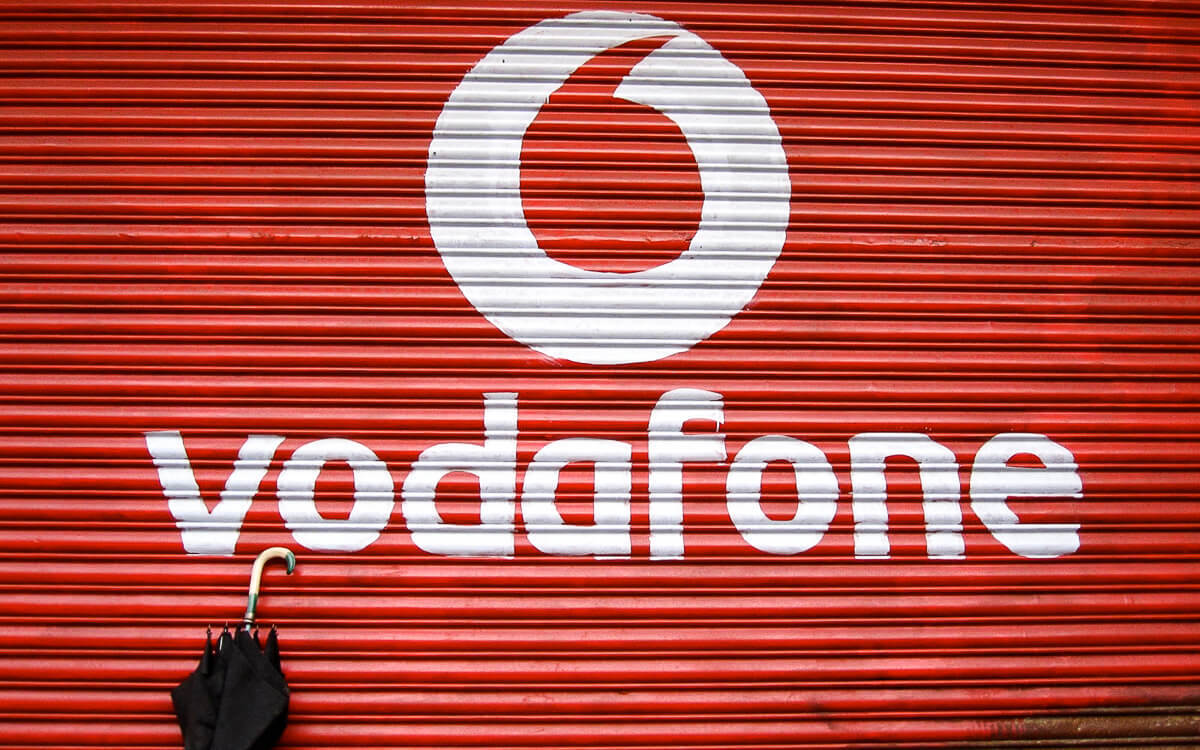Has the more than a decade-long tax dispute between Vodafone and the government of India come to a close with the Hague-based Permanent Court of Arbitration ruling in favor of the UK-based telecom company?
Going by its response after the order, it seems the government is not ready to go down quietly and is preparing for its next fight.

(Source: Arti Sandhu on Flickr CC 2.0)
Media reports suggest the government is seeking legal opinion on its options, and that it may challenge the Hague-based tribunal's order in the Singapore court of arbitration.
There is also a possibility that the Indian government may not implement the award, and that Vodafone will have to use Indian courts to enforce the award.
The arbitral court in The Hague termed India's retrospective tax on Vodafone a breach of the "fair and equitable" treatment clause in the India-Netherlands Bilateral Investment Treaty (BIT).
As a result, it should cease demanding tax, interest and other penalties even after the apex court of the country had ruled against it.
Show me the money
While the court ruled in favour of Vodafone, it did not accept the telco's claim for damages.
The tribunal said the Indian government should reimburse around INR400 million ($5.4 million), about 60% of Vodafone's legal costs. INR447 million ($6 million) collected from the company will also have to be refunded.
Meaning, in total, the Indian government will have to repay around INR850 million ($11.5 million), but only if it accepts the Hague-based arbitration court's order.
Even though legal and tax experts believe the government should now seek a settlement with Vodafone rather than appeal the order, many in the tax department disagree.
They maintain that a tribunal on a bilateral treaty cannot adjudicate on tax matters. This means that the government might not let Vodafone off the hook so easily.
The dispute between dates back to 2007, when Vodafone bought the entire share capital of CGP Investments (Holdings) Ltd, a Cayman Islands company, for about INR550 billion ($7.4 billion) from Hutchison Telecommunications International Ltd (HTIL). CGP controlled 67% of India-based Hutchison Essar Limited.
The tax department in India felt the transaction being conducted through an entity based in the Cayman Islands, a tax haven, was an effort to avoid paying taxes in India.
Accordingly, it issued a demand for INR200 billion ($2.5 million) from Vodafone, saying it should not have withheld taxes.
Vodafone took the issue to the Supreme Court of India, and got a favorable order in January 2012. The Indian government then amended the tax laws, empowering itself to retrospectively tax any gains made on share transfers.
Regardless of whether the administration decides to appeal the decision, the ruling is clear that retrospective taxation runs counter to the spirit of the law.
Related posts:
- Vodafone Idea risks entering India's graveyard of telcos
- Is the worst over for the Indian telecom industry?
- Vodafone denies plan to exit India
- Can Vodafone Idea survive in India?
— Gagandeep Kaur, contributing editor, special to Light Reading








 User Center
User Center My Training Class
My Training Class Feedback
Feedback












Comments
Something to say?
Log in or Sign up for free